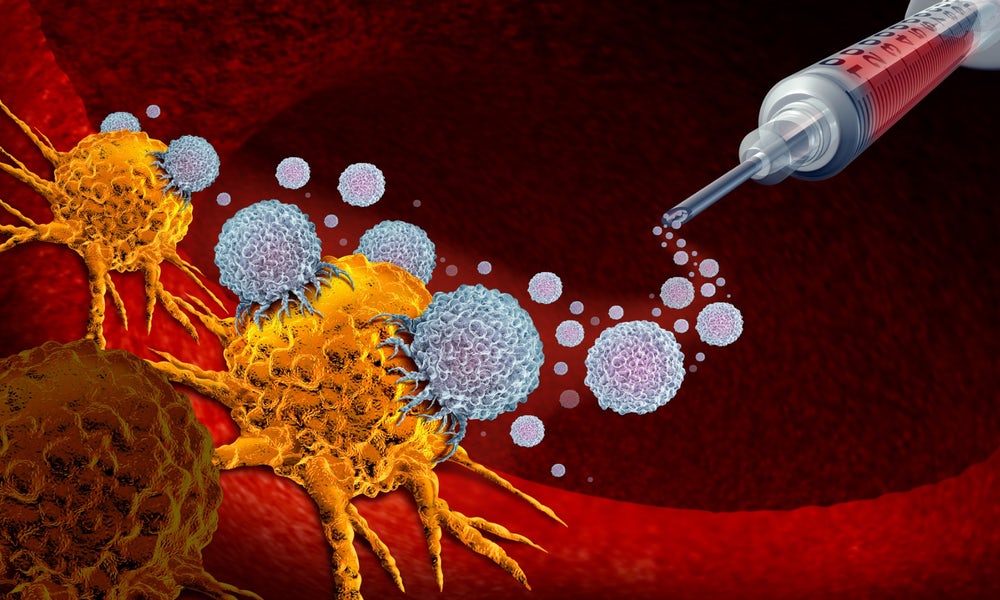Advances in Phase 1 Colorectal Cancer Vaccine Trials
- Transfer

The early results of the first phase of testing a unique human colorectal cancer vaccine have been shown to be promising. A recently published work outlining the results of phase one trials has shown that the vaccine is safe and stimulates the immune response, paving the way for larger trials in humans.Colorectal cancer is the second largest killer cancer in the world. It is not only difficult to identify in time, but many modern methods of treatment are not very effective. Almost half of patients after surgical resection, still do not survive due to the tendency of cancer to relapse.
New vaccines are designed to stimulate the patient's immune system to attack and destroy cancer. Immunotherapy usually works by teaching the immune system to recognize foreign substances, so it is designed to detect and destroy these substances when they naturally appear in the body. Tumor cells are known to be tricky targets in this sense, since they are often very similar to normal healthy cells.
The big breakthrough that inspired scientists for this specific vaccine was the discovery that almost all colorectal cancers express the GUCY2C molecule . This molecule is also found in intestinal epithelial cells, and its presence in these cells means that any vaccine aimed at it should direct immune cells only to tumors, and not to healthy intestinal tissue.
This first human vaccine test was needed to establish a safety profile for treatment. Ten patients with stage I or II colon cancer received an injection of the vaccine and were monitored for six months. The results were positive, without serious side effects. Extensive blood sampling also showed that the vaccine successfully contributed to an increase in the activity of specific antitumor immune cells, suggesting that the treatment elicited the desired immune response.
“This key study provides some of the first evidence that it may be possible to safely direct the patient’s own immune system to search for and eradicate this type of cancer,” says Karen Knudsen of Sidney Kimmel Cancer Center. “This is a real breakthrough - and it is possible thanks to the scientists and clinicians in our colorectal cancer group working synchronously.”
The next stage of the study is the transition to larger tests of the second phase with the participation of a larger number of patients in order to clearly assess the effectiveness of the vaccine. Based on the information obtained in the first phase, scientists have already changed the vaccine to make it more effective. There is also hope that the vaccine will be effective not only in the treatment of colorectal cancer. Recent work has shown that the GUCY2C molecule is also expressed in cancer of the stomach, esophagus and pancreas, which means that this promising vaccine may be useful in combating a large number of common types of cancer.“The goal of the trial, which starts this fall, is to show that the 2.0 version of the vaccine is even better and that it can benefit a much larger group of cancer patients,” says Adam Snook, author of the new work.
Split tolerance permits safe Ad5-GUCY2C-PADRE vaccine-induced T-cell responses in colon cancer patients - Journal for ImmunoTherapy of Cancer
